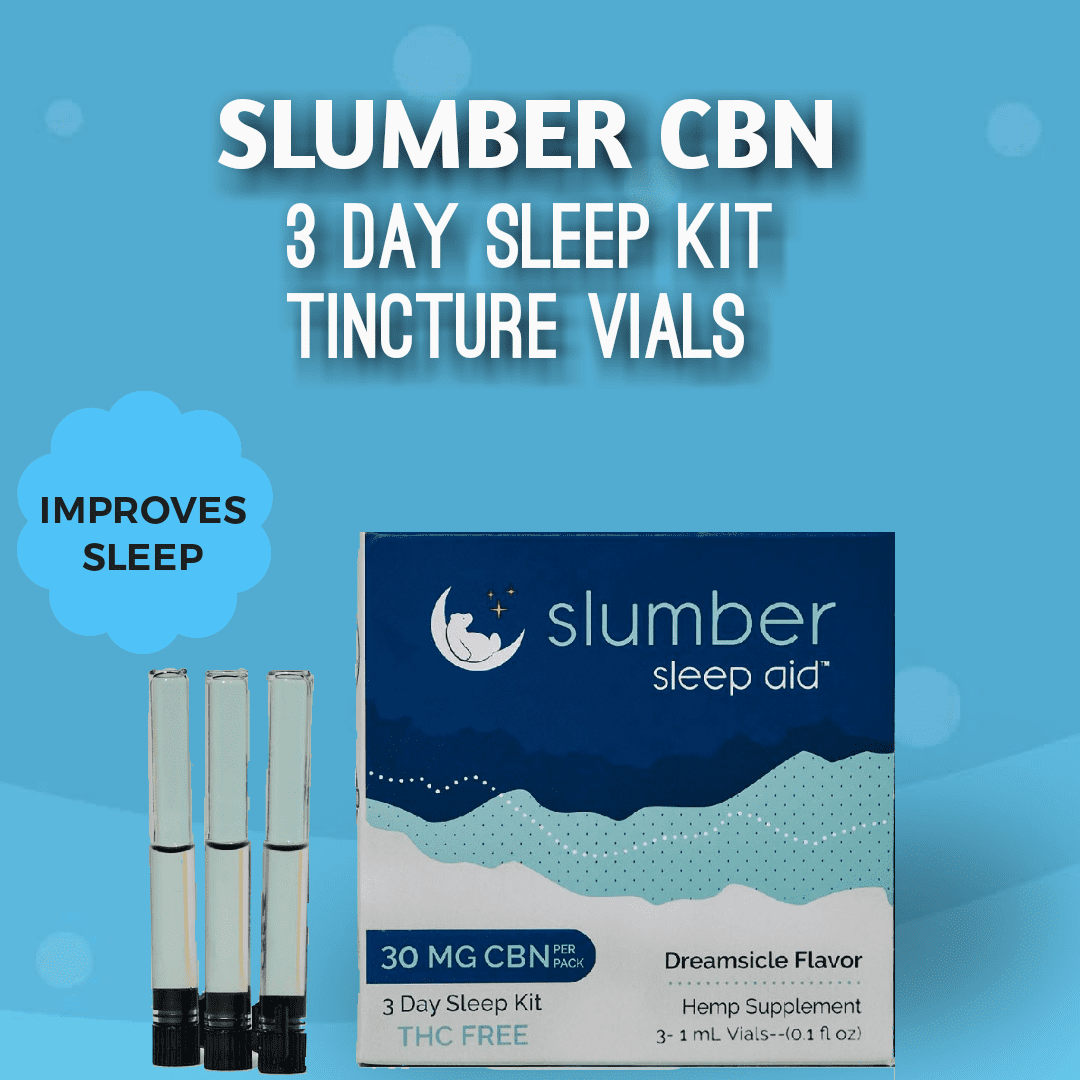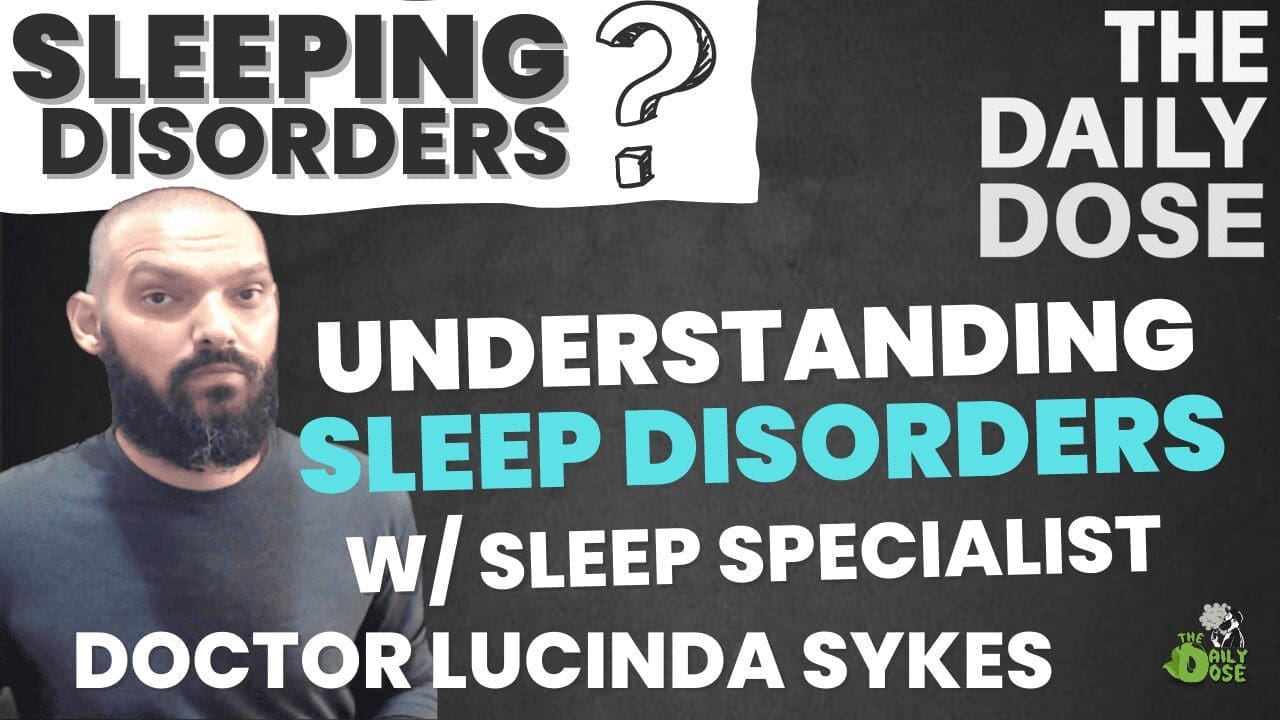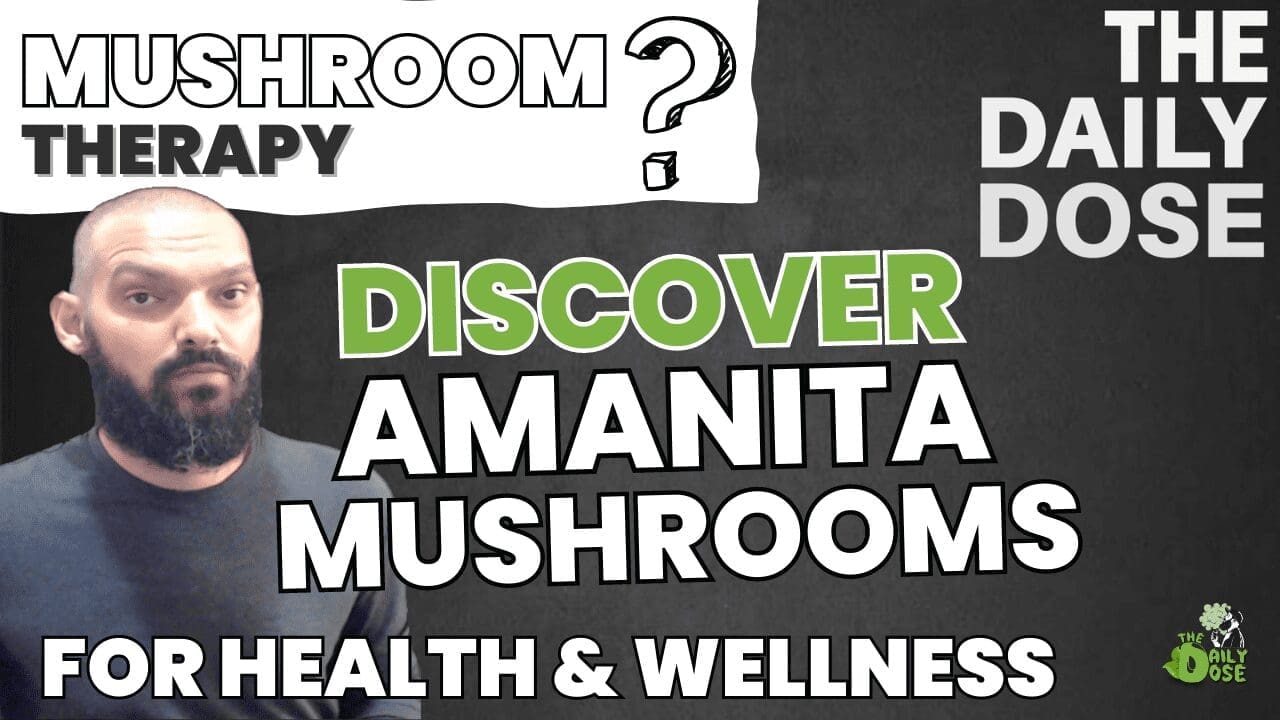To Listen To The Full Audio Episode Instead Click Here: The Daily Dose Podcast Audio
Understanding Sleep Disorders Talking With Dr. Lucinda Sykes
Introduction:
Sleep is essential for our physical and mental well-being, but many people struggle to get a good night’s rest. In fact, an estimated 50-70 million adults in the United States have a sleep disorder.
Sleep disorders can range from difficulty falling asleep to staying asleep or experiencing excessive sleepiness during the day. Understanding sleep disorders is essential for proper diagnosis and treatment.
In this guide, we will explore the various causes, types, and treatments of sleep disorders.
Causes of Sleep Disorders:
There are many potential causes of sleep disorders, including:
| Lifestyle | Medical Conditions | Mental Health |
|---|---|---|
| American Heart Association Data | NIH Related Research | Sleep Foundatin Data |
- Lifestyle factors: poor sleep habits, an irregular sleep schedule, working night shifts, or excessive use of electronic devices before bed can all contribute to sleep disorders.
- Medical conditions: sleep apnea, restless leg syndrome, narcolepsy, and other medical conditions can affect sleep quality.
- Mental health disorders: anxiety, depression, and other mental health disorders can cause sleep disturbances.

Types of Sleep Disorders:
There are many different types of sleep disorders, including:
| Insomnia | Sleep Apnea | RLS | Narcolepsy | Parasomnias |
|---|
- Insomnia: difficulty falling asleep or staying asleep.
- Sleep apnea: a condition where breathing is interrupted during sleep, causing the person to wake up repeatedly during the night.
- Restless leg syndrome: a neurological disorder that causes an uncontrollable urge to move the legs, often leading to disrupted sleep.
- Narcolepsy: a neurological disorder that causes excessive daytime sleepiness and sudden bouts of sleep.
- Parasomnias: a group of sleep disorders that include sleepwalking, night terrors, and other abnormal behaviors during sleep.

Treatments for Sleep Disorders:
There are many different treatments available for sleep disorders, including:
- Lifestyle changes: establishing a regular sleep schedule, reducing caffeine and alcohol intake, and avoiding electronic devices before bed can all improve sleep quality.
- Medical treatments: depending on the specific sleep disorder, medical treatments such as continuous positive airway pressure (CPAP) machines, medications, or surgery may be necessary.
- Cognitive-behavioral therapy (CBT): CBT can help individuals identify and address negative thoughts or behaviors that contribute to sleep problems.
- Alternative therapies: acupuncture, meditation, and other alternative therapies may be helpful in promoting relaxation and improving sleep quality.
Conclusion:
Understanding Sleep disorders are a common problem that affects many people. Understanding sleep disorders is essential for proper diagnosis and treatment.
Lifestyle changes, medical treatments, cognitive-behavioral therapy, and alternative therapies can all be effective in managing sleep disorders.
If you are experiencing sleep problems, talk to your doctor to determine the best course of treatment for your specific needs.
Find Doctor Sykes and all her work today!
FAQs
Can sleep disorders be cured?
How can I tell if I have a sleep disorder?
What can I do to improve my sleep quality?
Related Articles:
- Understanding Sleep And Insomnia With Dr. Lucinda Sykes
- How Nootropics Aid Sleep: Your Guide Now
- Sleep Cycles Understanding The Stages
- Treating Insomnia 15 Tips To Aid Sleep
- How Nootropics Aid Sleep: Your Guide Now
- Natural Sleep Supplements To Improve Sleep
Meet The Author





